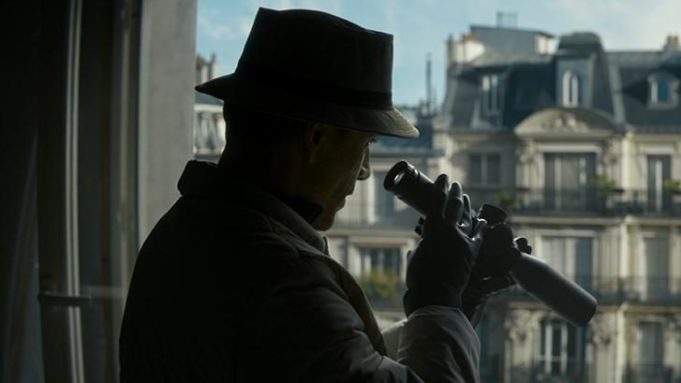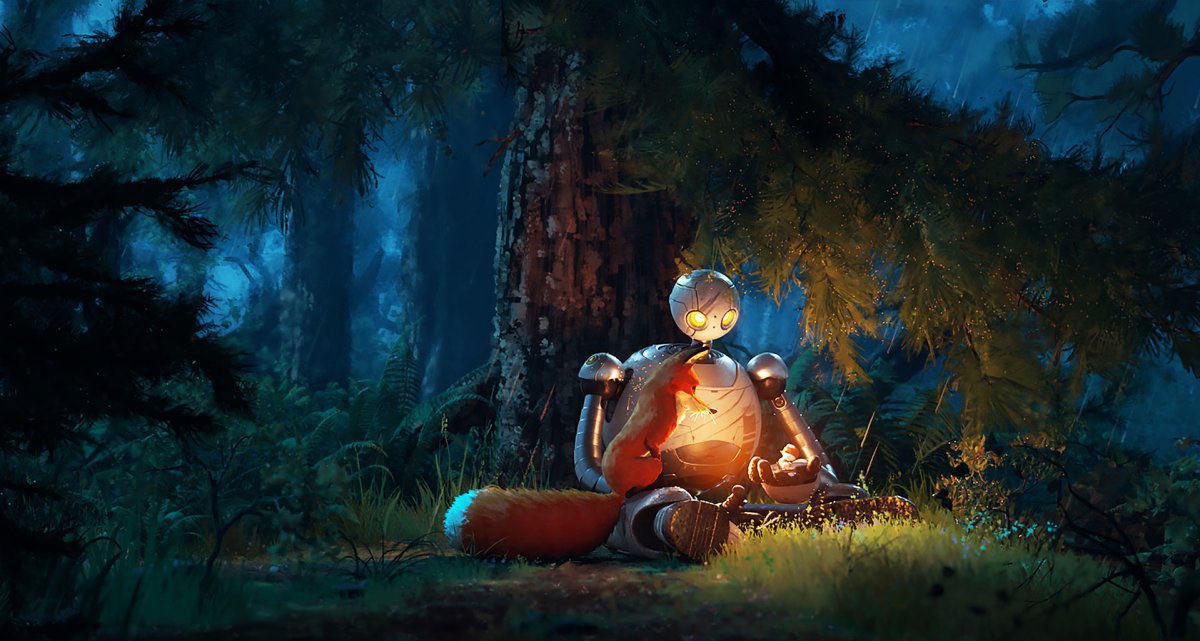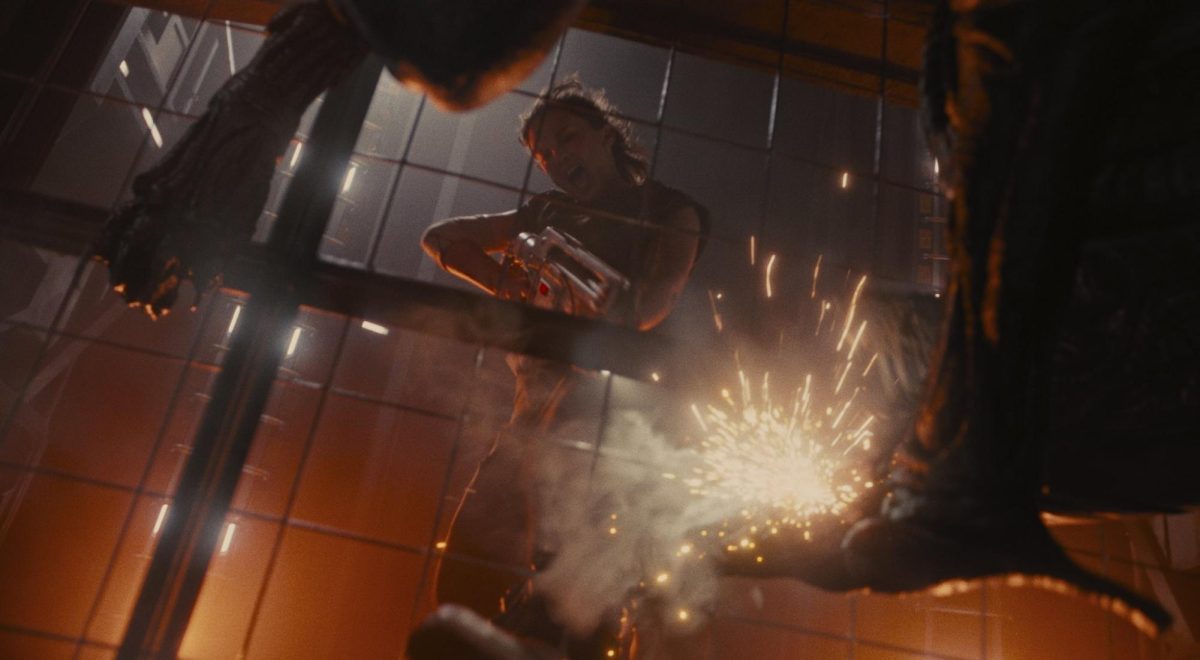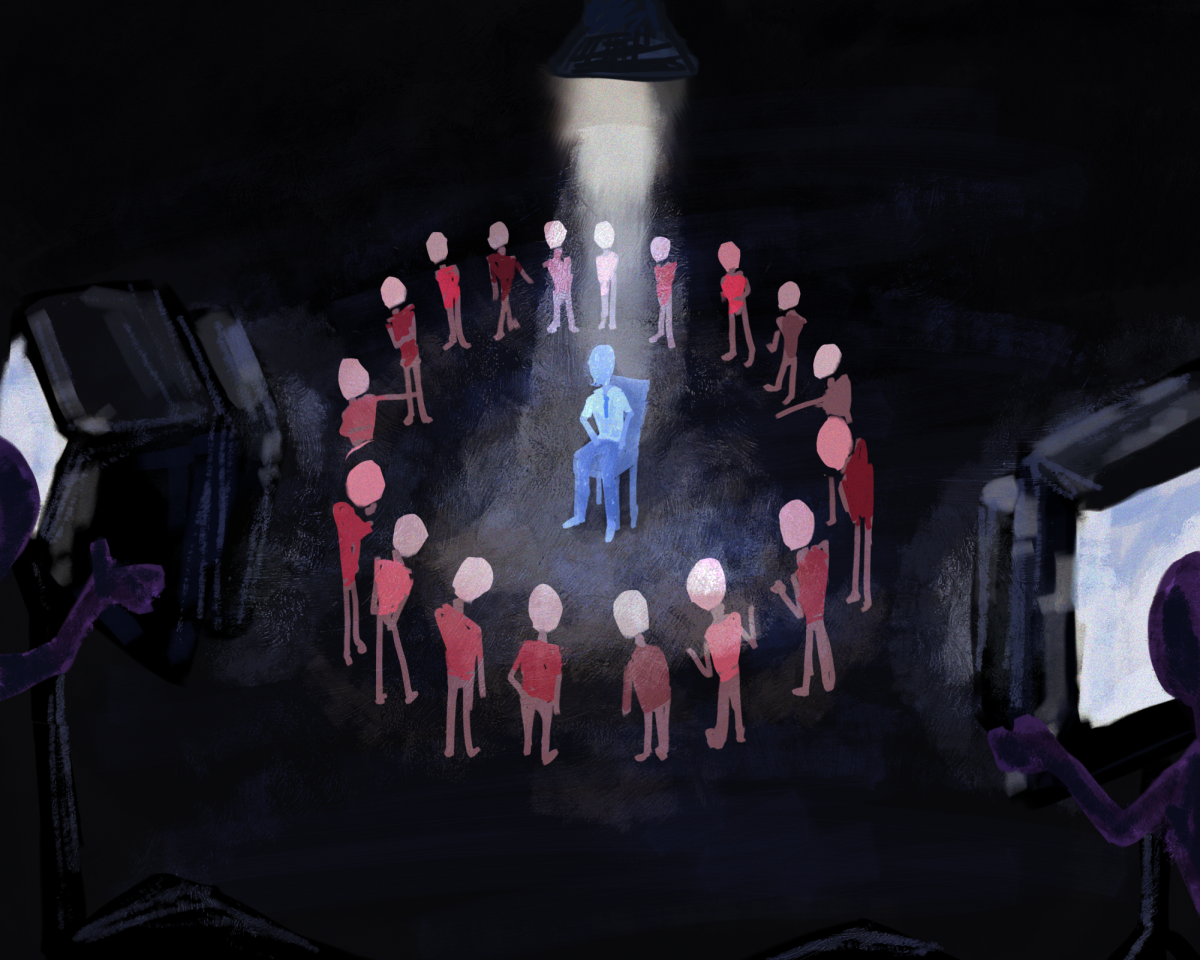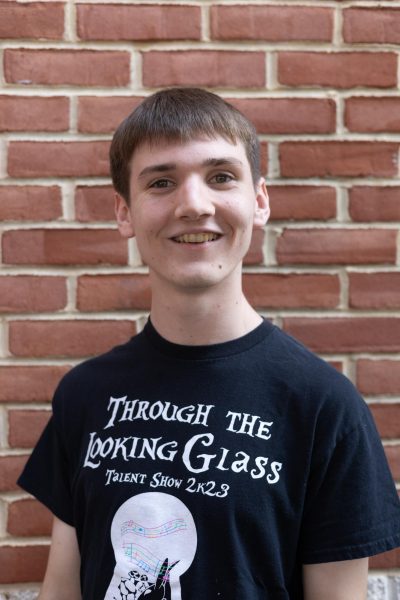![]()
After the tepid reception of his 2020 prestige drama “Mank,” David Fincher remains unfazed returning to his methodical approach to filmmaking with Netflix’s “The Killer.” Based on a French comic book of the same name, the film follows an unnamed assassin dealing with the fallout of a job gone wrong. Michael Fassbender plays the titular killer, who doubles down on his methods of execution in an attempt to exact revenge and keep his life from spiraling out of control.
Following an intentionally misleading opening sequence that cycles through a rapid-fire array of firearms and weapons, the film cools to a standstill, revealing itself as a mellow introspection rather than an explosive epic. Fincher grounds the audience in Fassbender’s inner monologue and breaks down the mechanics of assassination to a simple science of patience and skill. While he waits to initiate a hit, Fincher asks the audience to sit back and exist inside the Killer’s head, giving them a sense of his inner workings, isolation and sadness. The Killer sees the world as a cold and cruel place where he exists outside of everything — he is one of the few and not the many.
There’s something undeniably silly about The Killer’s deeply cynical and nihilistic view, considering his pursuit of perfection, that he ultimately admits is essentially meaningless. This satirical edge is furthered as things go south for Mr. Killer, his worldview starts to crumble and his absurd moral positioning fails to hold any standing.
The wry and self-knowing humor sets “The Killer” apart from some of Fincher’s similarly dark, serious thrillers without ever feeling overbearing or excessive. Little bits like Fassbender listening to the Smiths and practicing yoga while preparing for a hit, which functions as character details, feel funny in a subtle yet purposeful way. It’s a film with the best kind of humor, one that takes its characters seriously while acknowledging the inherent absurdity of its dark reality. To an extent, it’s also Fincher making fun of himself, as someone so intent on mastering their craft that they can find some perverse pride in their isolation and torment.
Apart from its slick direction and unexpected wit, “The Killer” shines when viewed as a broader commentary on filmmaking. Andrew Kevin Walker, in his second Fincher collaboration after the 1995 classic “Se7en,” penned the screenplay, and he hones in on Fincher’s identity in a way that is delightful for anyone willing to make the connection. Fincher’s persona has remained somewhat of an enigma, and “The Killer” feels like one of the most honest and revealing looks into his creative process since his career began.
Shot by up-and-coming cinematographer Erik Messerschmidt, the film has a refreshingly competent look to the standards of modern digital cinematography. Instead of the familiar flat look, there’s a richness maintained even in the film’s fittingly washed-out color palette. The lighting also allows for a clear view of the action in nighttime environments, an always welcome addition. Even if the movie’s low stakes and unrelentingly cold and clinical texture are hard to swallow, there’s no denying the impressive skill on display throughout.
After fleeing from a mishap in Paris, The Killer goes to his safehouse in the Dominican Republic, finding evidence of an attempted hit on his life. This kickstarts his mission to tie loose ends as he travels to different countries and assumes fake identities. As he confronts each individual responsible for the attempted hit, it becomes clear that there’s something far deeper than revenge driving The Killer. It’s his unquenchable desire to gain some sense of self that leads him to confront his targets time and time again. These face-to-face assassinations are The Killer’s only meaningful forms of social interaction and the only way he can feel affirmed of his existence.
Apart from its central commentary, “The Killer” is a stylish thriller, enjoyable simply as an in-depth character study. Its narrative may lack the complexity of different plotlines or the ultra-intense and satisfying conclusion that audiences have come to expect, but that strange emptiness is what captures the spirit of its main character and makes “The Killer” so subtly enchanting.




